“…for me home-schooling encouraged some unhealthy patterns, while also building up strong healthy ones at the same time. It’s a double-edged sword in that sense for those who are not very extroverted and adventurous.” – Hannah Gil
As home-schooling becomes popular again, some students on UNG campuses are navigating the transition from at-home to in-classroom learning.
“The Georgia Department of Education reports about 59,000 homeschoolers in the state in 2015, and by 2022, that number jumped to 91,000,” according to 11Alive.com. Nationwide, parents are choosing to homeschool. Oct. 31, 2023, The Washington Post estimated that there are between 1.9 million and 2.7 million children learning from home in the United States.
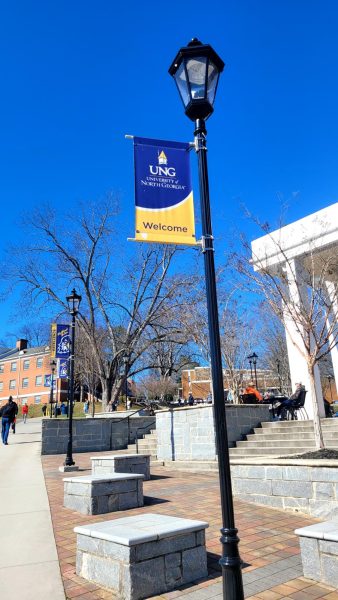
Homeschoolers’ transition into college
Kiersten Flannery is a sophomore applied linguistics major at Johnson University in Tennessee. Flannery says her transition from home-schooling for 12 years to college wasn’t bad. She says that online college classes are harder than in-person classes.
“Having been to co-ops and other classes as a kid showed me what classroom learning was like, so there wasn’t a lot of ‘transition’ to be made.” – Kiersten Flannery
Homeschool co-op classes are parent-led organizations that provide group learning environments, allowing homeschoolers to build community.
Hannah Gil, a junior film major at Georgia Gwinnett College, says her transition to college was easy when it came to grades, but she struggled to make friends at college initially. She was homeschooled from sixth grade to eleventh grade, and says that home-schooling was very difficult academically; she says that it better prepared her for college assignments.
“Homeschool taught me how to be responsible and self-motivating.” – Hannah Gil
Top reasons parents homeschool
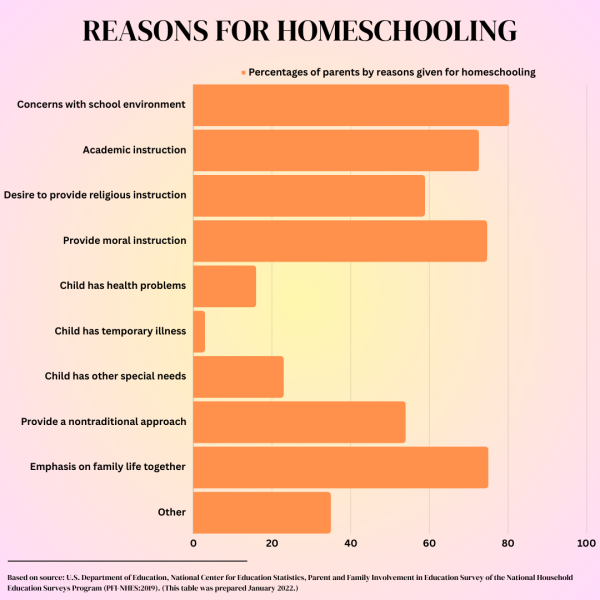
Elizabeth Bartholet, a child welfare expert, mentioned her views on home-schooling in a Q&A session with The Harvard Gazette. She says the Conservative Evangelical movement is the reason for the growth of home-schooling in America. Bartholet says Christians want to leave the “secular education in public schools” and instead homeschool their children in hopes of fostering Christian values and beliefs in the household.
Flannery says that was the case for her. She says her parents “didn’t like the government education system and wanted to give me a Christian education.”
A majority, 58.9%, of homeschool parents say their reason for home-schooling is “a desire to provide moral instruction,” according to the U.S. Department of Education.
Gil says her parents decided to homeschool her “because my local middle school was not a good environment, and my family had been having issues with how the teachers were treating us.”
Notably, 72.6% of homeschool parents say their reason for home-schooling is “a dissatisfaction with the academic instruction at other schools.”
Homeschool curriculum
The homeschool curriculum is often a source of concern, Elizabeth Bartholet, a professor emeritus at Harvard Law School, says a “lack of regulations makes homeschool curricula and homeschool children’s safety largely unmonitored.” However, according to the U.S. Department of Education, there are federal regulations, including at least some of the following requirements:
- Application.
- Access to state assessments permitted.
- Assessments or evaluation required.
- Access to curricular public services permitted.
- Access to public interscholastic, extracurricular activities permitted.
Still, the system is not what many people think that it should be. Bartholet says the risks are: inadequate education, children’s lack of protection from abuse and neglect, and children’s lack of exposure to different viewpoints. Every state has different laws on whether or not parents have to legally report that they are deciding to homeschool.
Advantages and disadvantages of home-schooling
According to Brighterly.com, 98% of homeschooled students participate in an average of five extracurriculars per week. Gil says extracurriculars helped build her portfolio and get her accepted into college.
“Homeschool also had opportunities for me to volunteer and be part of groups/student bodies, which became part of my college application and built my credibility,” she says.
Both Gil and Flannery say that they feel like they are more prepared than their public school peers. “I feel that in terms of college, I’m more at an advantage. I am self-motivated and homeschool taught me how important that was,” Gil says.
In retrospect, Gil says that she has a fear of missing out on public school. “Because I was shy and introverted, I oftentimes intentionally missed out on meeting people or doing things that could be fun or would help me with new experiences. I was already shy before being homeschooled, but home-schooling didn’t allow me to break out of my own shell,” she says.
Flannery says that her favorite part of being homeschooled was “I was able to customize my education to my needs and interests, which allowed me to be much more engaged in the learning process and helped me retain it better.”






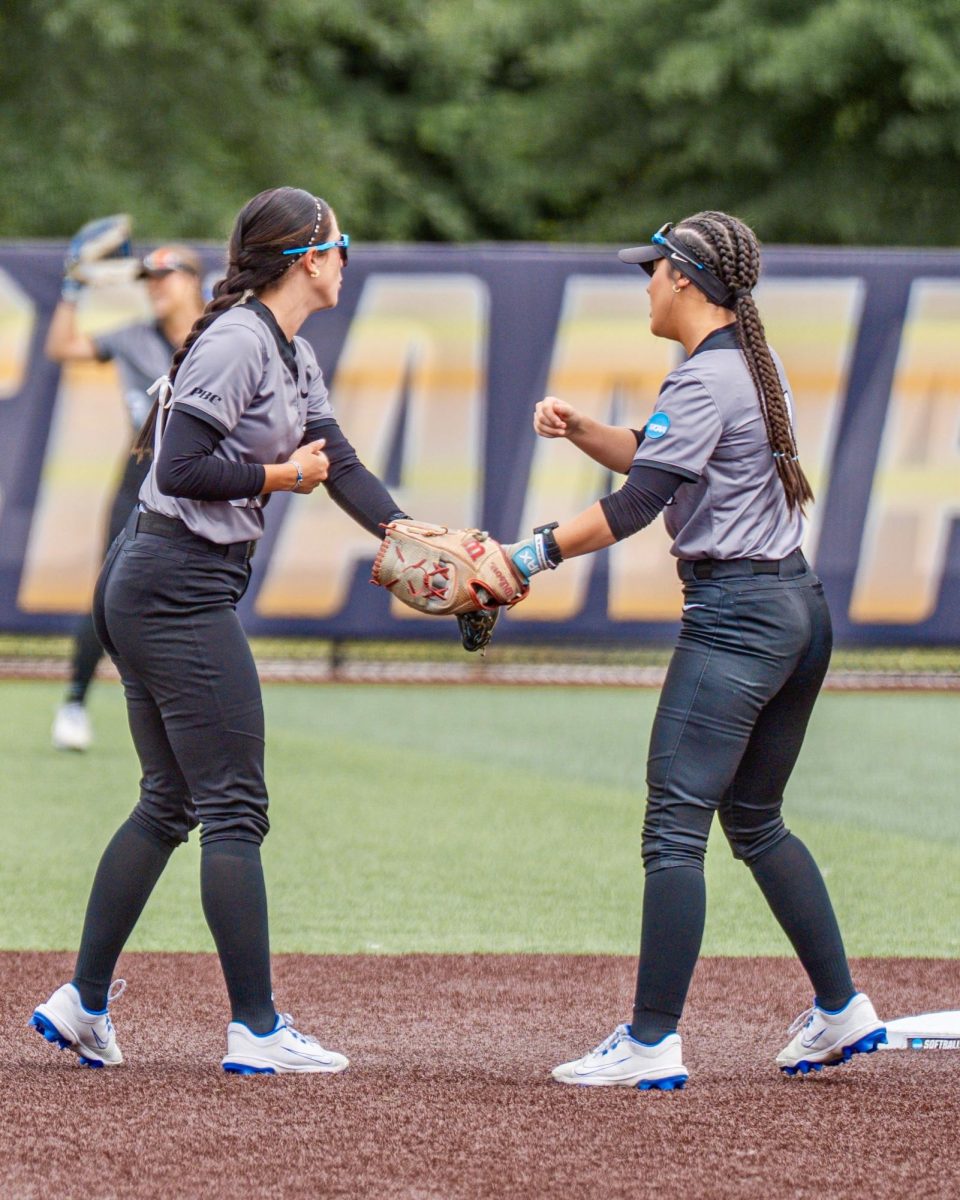






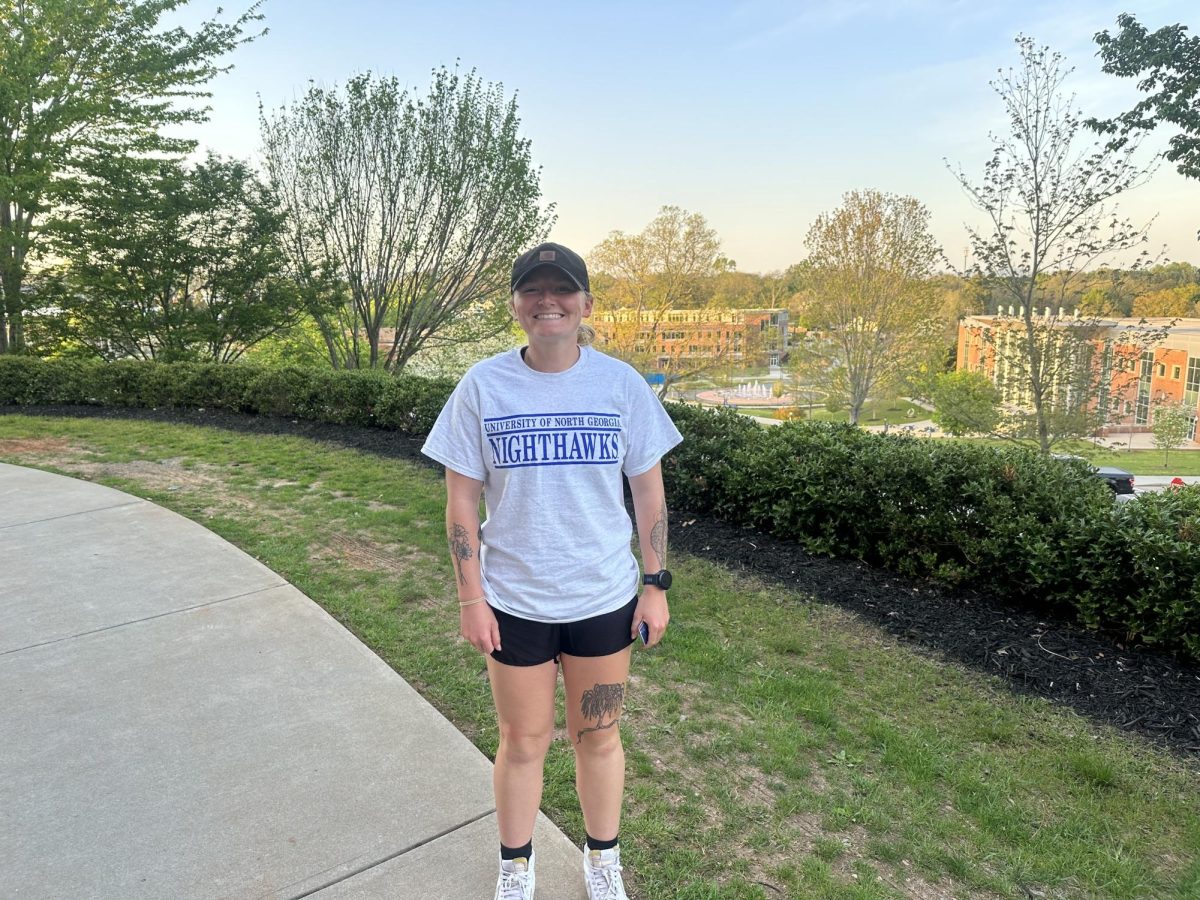










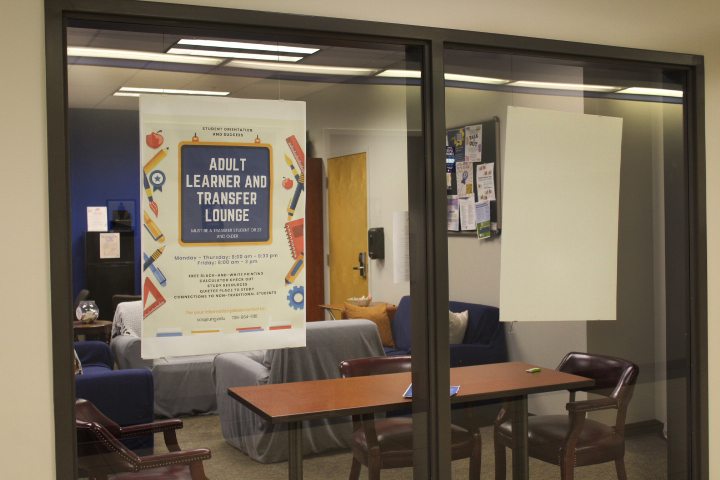
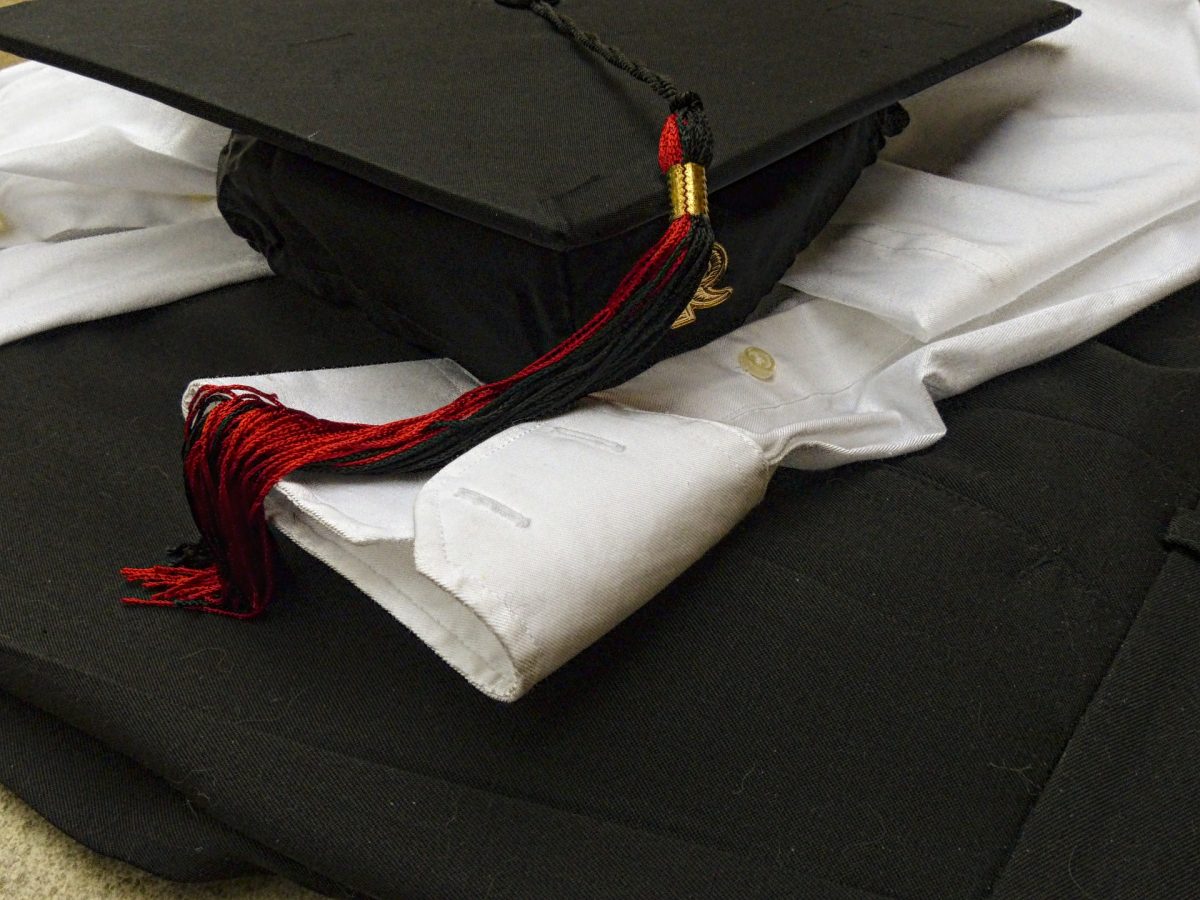
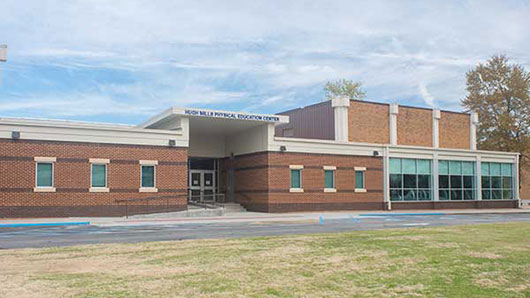



Lynn • Feb 23, 2024 at 7:44 am
Insightful article about the homeschooling experience.
Ree • Feb 20, 2024 at 7:40 pm
I loved this article. Such a great commentary on the homeschooling experience!